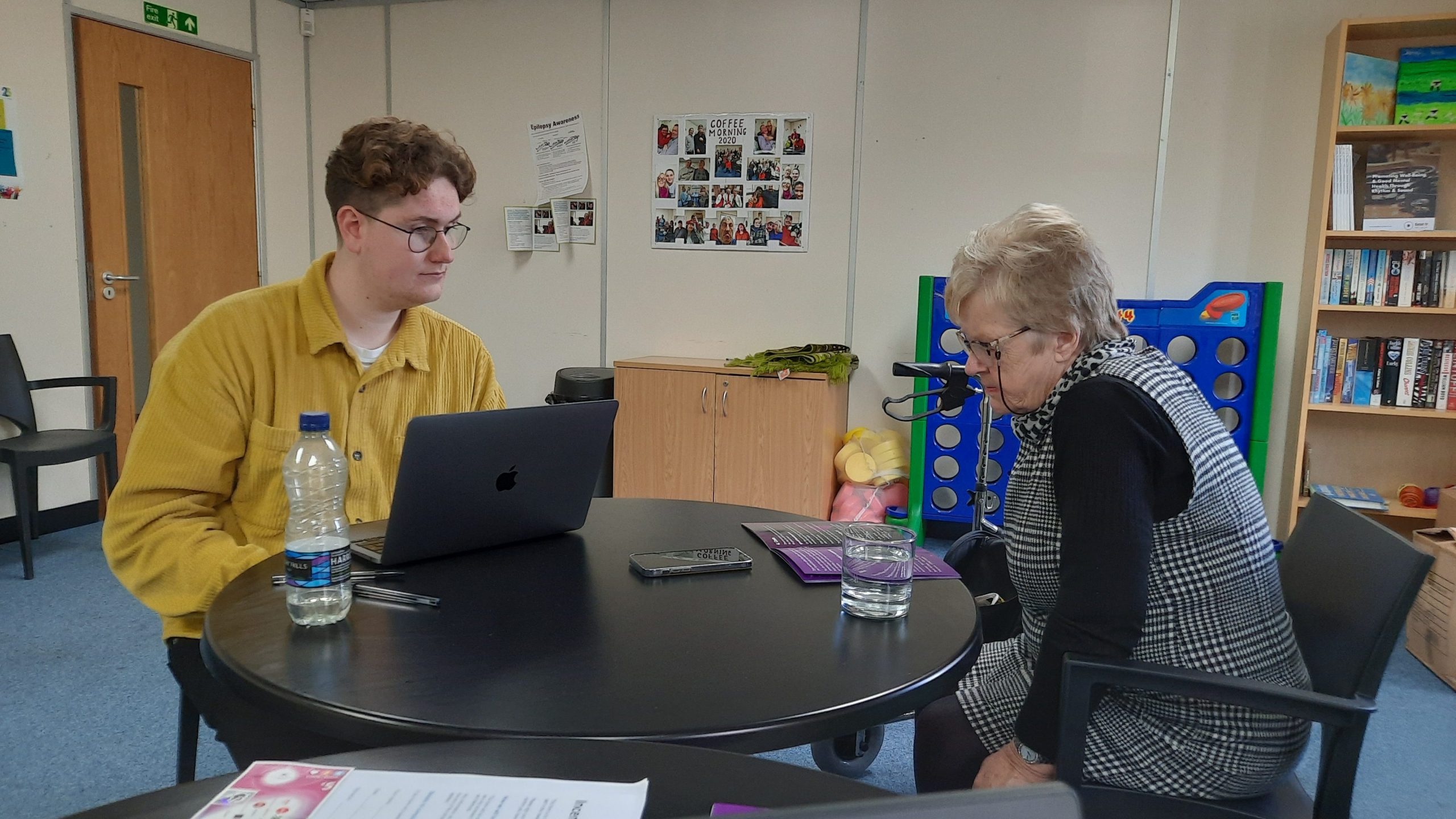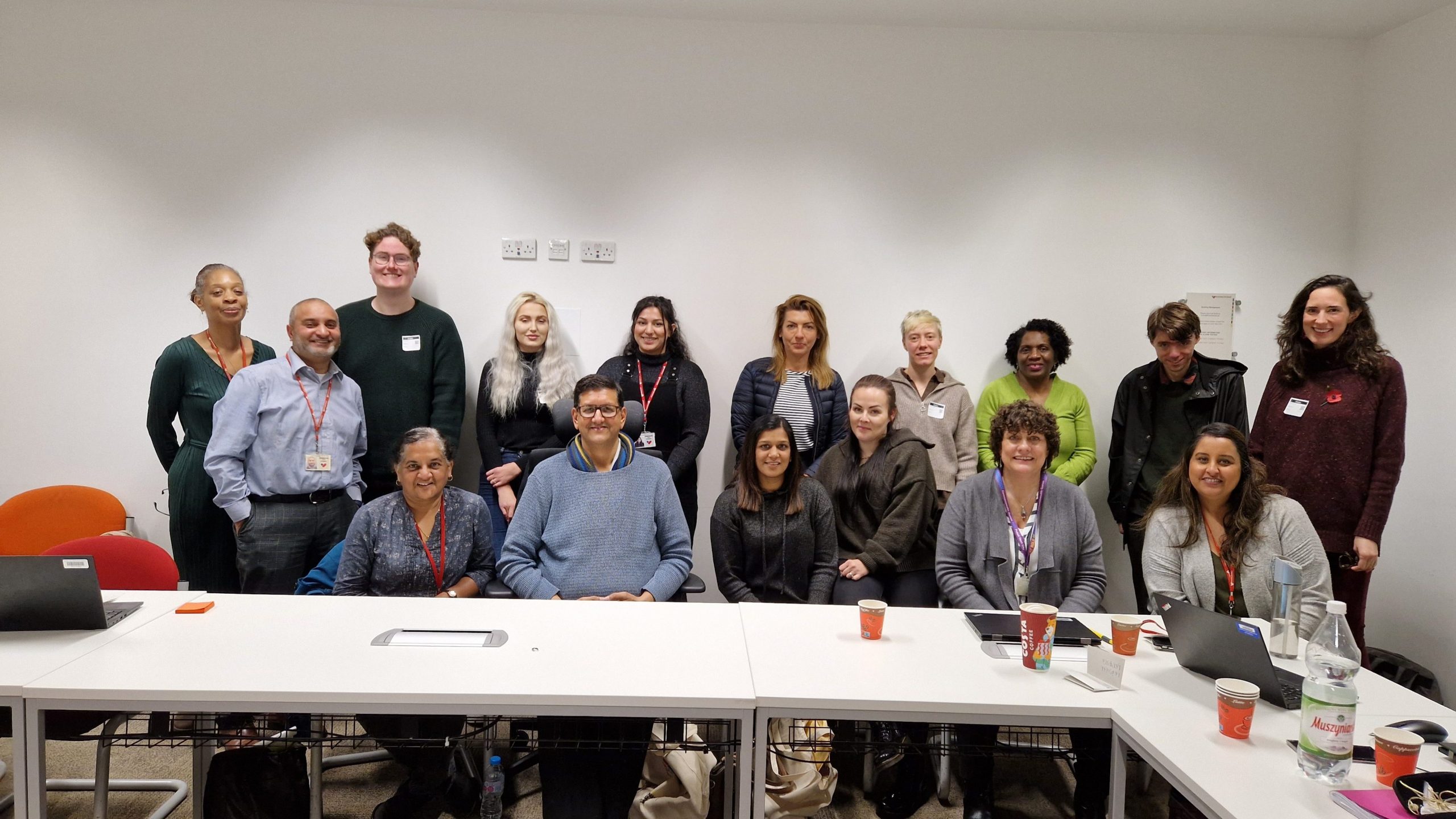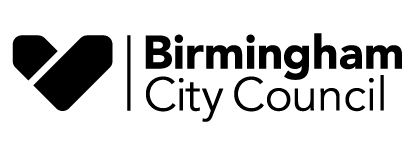Our update this time aims to give you an overview of each of our workstreams. There is a lot going on and many crossovers with other programmes. We hope that by working in the open we are able to keep you updated on our work.
Web content audits: applying content design to our online content
Since our last update, we are pleased to say that we have almost finished our pair writing with Waste Services. There are a few pages we need further collaboration on to review, but the majority of our work is complete. We would like to say thank you to Nick and Anab from the service area and Dalbir in the web team for their help over the last few months.
We have begun work on antisocial behaviour, and the first pages in this area have gone live. In Bereavement, our online bereavement guidance is now live on the website to support customers when someone has died. We will continue to look at the data from these web pages to see how well they perform.
We have also completed our fourth round of testing for our offline bereavement guidance. Our users made some very positive comments on the guide, and we have used their feedback to help iterate the text and design. The finalised guide is due to be printed in January 2023.

We have also finished another content audit for the Children’s Licences web pages. Next, we plan to do a content audit of the Adult Health and Social Care area.
Children’s Employment: initial service review
This week consisted of finalising our write up, including our research outputs and recommendations. The process for each licence has been visually mapped to highlight the complexity and the non‐linear aspects. Sessions with staff to validate the visual maps took place throughout the development process to ensure accuracy. The purpose of the visual ‘as is’ maps is to:
- visualise the steps that customers and staff take during the process
- highlight the complexity of some of the processes
- visualise that some steps occur in a non‐linear fashion
- visualise the passing of information between teams
- visualise when different software, documents and folders are used.
The completion of user research provided insights which have been visualised through empathy maps as a way to interpret the customer’s experience. There is an empathy map for each licence available. The maps highlight:
- feelings customers have
- thoughts customers have
- quotes from customer interviews
- what customers think about the process.
The insights collected from user research have now been added to a version of the visual process maps as a way to visualise the positive and negative experiences throughout the journey and when they occur. We have also included staff insights across each process.
An ideation session was held in person with staff as a way to collaboratively generate ideas which could bring improvements. The session was a success as it resulted in a range of recommendations to be put forward for consideration and strengthened the relationships across the team.

We have presented findings to the Director and Service area this week and we are pushing ahead with one of our key recommendations that is universally agreed upon. This is to digitise the application forms and link these via an API to the system the staff use. We have had a conversation with our current provider CACI and are now in the process of developing a ‘to be’ state for the service, that we can use to frame a set of user needs that can be taken forward into development.
Adult Social Care: prevention workshop
This week we started planning a citizen engagement workshop exploring how people look for help and advice around Adult Social Care. We will be running the workshop in a couple of weeks’ time. The workshop will give us an opportunity to hear from citizens who have previously interacted with the Adult Social Care Team in Birmingham City Council (BCC). We hope that through this session we will start to understand where people look for help and advice on adult social care and where they think the council can help with this. We have recruited citizens to take part and are keen to explore how they interact with BCC in their own search for help and advice, and how they think BCC can make accessing help and advice around Adult Social Care easier for everyone.
Contact Centre: consolidation of customer contact routes
Over the past month the team has been asked to help identify a range of services that could be suitable for consolidation into the Corporate Contact Centre. Currently 25 of all council services front line contact is managed by the Corporate Contact Centre. However, there are 17 services that are operating on the Cirrus telephony platform only, which allows the Contact Centre to review demand and performance of this channel.
These 17 services whilst on the telephony platform operate remotely from the Contact Centre. In addition to the 17 services on the Cirrus telephony platform there are still many services handling customer demand themselves and there is no visibility of how this is being managed as well how they are performing. There is an opportunity to analyse and prioritise which services could be suitable to consolidate into the Corporate Contact Centre. This will ensure that the citizen experience is improved and that the Council are able to make the most of the Contact Centre technology and principles to drive efficiency.
The team developed a tool that the Contact Centre team can use to analyse, score and prioritise services that could be moved into the Contact Centre. The tool has been used to initially review the 17 services that are currently operating on Cirrus telephony platform as demand and performance data was available for analysis. A summary report of the scoring and recommendations for which of the 17 services are prioritised has been submitted to the Director of Digital Customer Services and the Assistant Director of Customer & Business Support for agreement to engage with those services.
The Contact Centre team will also be aligning this work to the duplication & task group to ensure activities and outcomes are aligned. The team will also be aligning this work with the consolidation project to obtain data for the other council services that can be analysed, scored and prioritised via the tool developed.
Culture Change: Customer standard workshops
In total 2009 colleagues have participated in a customer standard workshop, that is 18.6% of the workforce. Attendance had dropped, however, following a communications campaign and a message from our Chief Executive Deborah Cadman, we have seen an increase in attendance. Close monitoring on levels of attendance will continue.
We have approximately 1800 people who are unable to complete the workshop online, initial meetings have taken place with People Services People Partners to identify and map out how we reach those off‐line employees.
Please do reach out to the Customer Service Programme team if you wish to speak about the work we are doing via [email protected]
